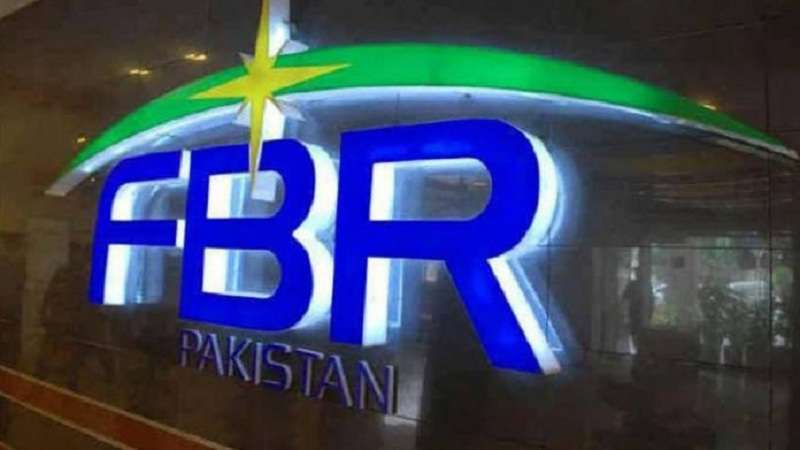Pakistan is gearing up to announce a mini budget that aims to generate an additional Rs200 billion in revenue.
The government is contemplating introducing the mini-budget through a presidential ordinance, with expectations that it will be in effect from February 15, 2023, pending cabinet approval and ahead of the final IMF talks scheduled for February 16, 2023.
According to sources within the Federal Board of Revenue (FBR), the proposed amendments are part of stringent taxation measures mandated by the IMF to reduce the fiscal deficit. The government is under pressure to meet revenue targets and demonstrate its commitment to economic reforms.
One of the major changes outlined in the mini-budget is the imposition of a 0.6% withholding tax on non-filers for banking transactions. This move aims to encourage tax compliance and broaden the tax base. Additionally, the proposal includes taxing the foreign exchange income of banks, signaling a comprehensive approach to enhancing revenue streams.
A significant development in the mini-budget is the increase in the sales tax rate from 17% to 18%. This adjustment is expected to contribute significantly to the additional revenue target. The government is also considering raising the fixed federal excise duty on motor vehicles, aligning with efforts to boost revenue from various sectors.
Sources revealed that the mini-budget discussions also encompass the possibility of increasing excise duty on soft drinks, reflecting a focus on taxing non-essential consumables. Moreover, there are considerations for enhancing duties on cigarettes, as part of broader efforts to discourage tobacco consumption while generating additional revenue.
In an effort to address natural disasters and their financial implications, the government is contemplating the imposition of a flood levy. This levy, anticipated to be in the range of 3% to 10%, may be applied to imports. However, exports would be exempted from this flood levy, promoting a balanced approach in the taxation structure.
The proposed measures, while aimed at meeting the IMF’s requirements and bolstering government revenues, are likely to face scrutiny and debate within the country. Critics may express concerns about the potential impact on businesses and consumers, especially with the proposed increases in sales tax and excise duties on various items.
As the government moves forward with these fiscal measures, it is crucial to strike a balance between revenue generation and avoiding undue burdens on citizens and businesses. The mini-budget announcement is expected to set the tone for economic policies in the coming months, influencing both domestic and international perceptions of Pakistan’s economic stability and commitment to reforms.
